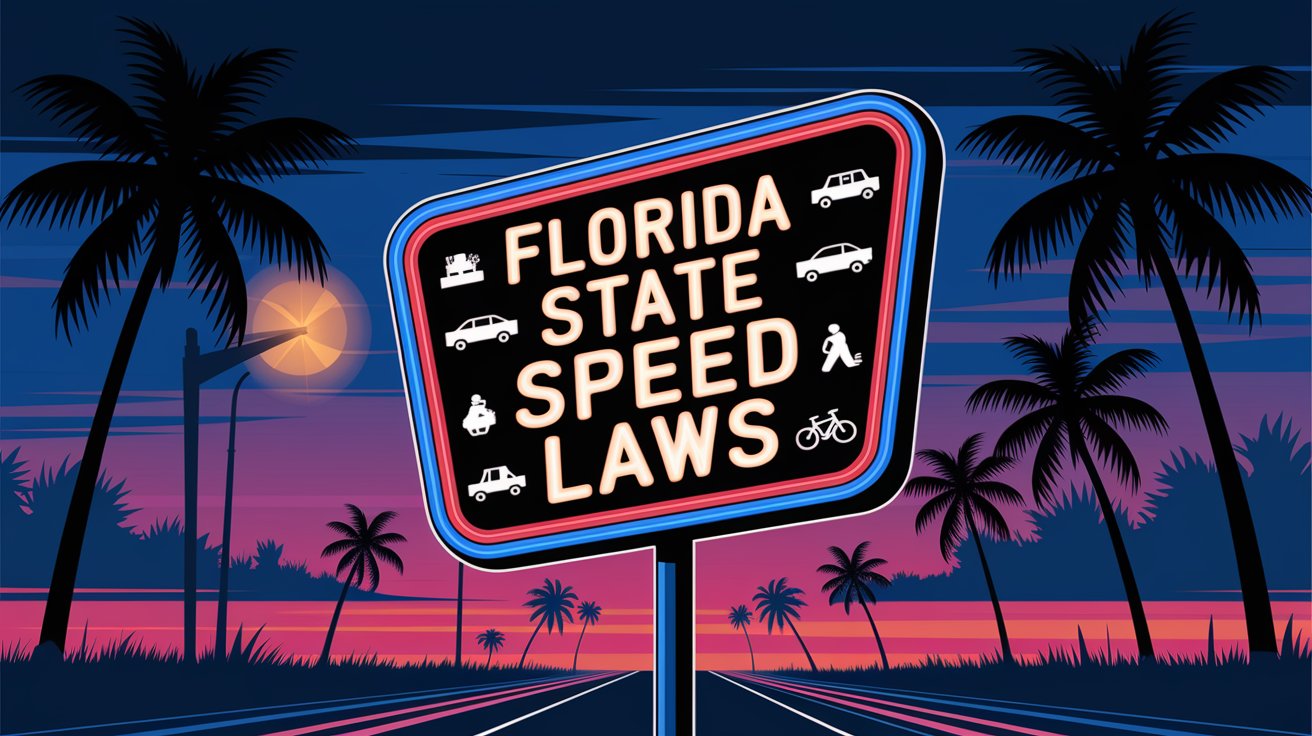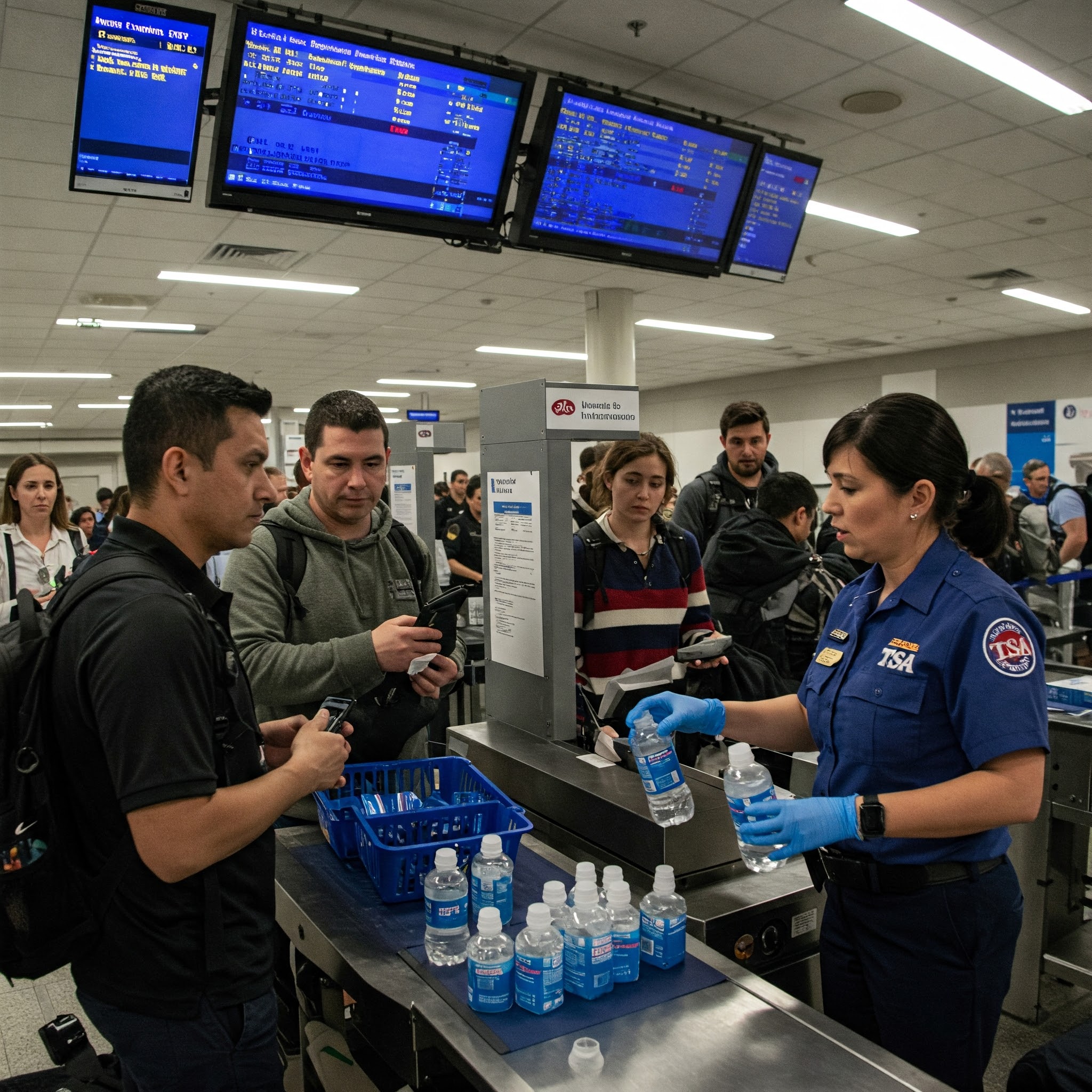
Picture this: You’re cruising down a Florida highway, the wind in your hair, and the speedometer creeping up. Suddenly, you realize you’re way over the speed limit. But how much trouble could you really be in?
Well, buckle up, because Florida’s proposed Senate Bill 1782 might just change the game. Could you lose your car for speeding? While that’s not exactly on the table, the consequences could be more severe than you think. With potential fines of $500, up to 90 days in jail, and even license suspension for repeat offenders, this bill is no joke. It’s time to take a closer look at what these changes could mean for you and your need for speed.
We’ll break down the current speeding laws in the Sunshine State and examine the potential consequences of putting the pedal to the metal. So, fasten your seatbelt and get ready for a journey through the fast lane of Florida’s changing traffic laws.
Understanding Florida’s Senate Bill 1782
A. Definition of “dangerous excessive speeding”
You should know that Florida’s Senate Bill 1782 targets “super speeders” – drivers exceeding the speed limit by 50 mph or more. This bill aims to impose stricter penalties on these dangerous drivers. With this definition in mind, let’s explore the specific criteria and penalties proposed in the legislation.

B. Criteria for classification as dangerously speeding
| Criteria | Threshold |
|---|---|
| Speed over limit | 50 mph or more |
C. Penalties for first-time offenders
- $2,500 fine
- Six-month license suspension
D. Increased penalties for subsequent offenses
- Fines up to $5,000
- Year-long license suspension
- Possible 30-day vehicle impoundment
Now that we’ve covered the key aspects of Senate Bill 1782, let’s examine how this proposed legislation has evolved.
Evolution of the Proposed Legislation
Now that we’ve covered Senate Bill 1782, let’s examine how the proposed legislation evolved. While the reference content doesn’t directly address this bill’s evolution, it does mention similar legislative efforts in Florida. You might be interested to know that other traffic-related bills, like those on mobile phone use and left lane restrictions, have undergone revisions and faced challenges. For instance, a bill on left lane cruising was previously vetoed by Governor DeSantis due to concerns about its broad application.
Current Speeding Laws in Florida

A. Absence of vehicle impoundment for speeding
Now that we’ve explored the proposed legislation, let’s examine current speeding laws in Florida. You should know that, unlike the proposed bill, Florida’s existing laws don’t include vehicle impoundment for speeding. Instead, you’ll face a tiered fine structure based on your speed violation. Here’s a breakdown:
| Speed Over Limit | Base Fine |
|---|---|
| 6-9 mph | $25 |
| 10-14 mph | $100 |
| 15-19 mph | $150 |
| 20-29 mph | $175 |
| 30+ mph | $250 |
Consequences of Speeding Violations
Now that we’ve covered Florida’s current speeding laws, let’s examine the consequences of speeding violations. You should be aware of the points system on your driver’s license and how it can lead to suspensions. Here’s what you need to know:
A. Points system on driver’s license
Florida uses a point system for traffic violations. You’ll receive:
- 3 points for speeding
- 4 points for reckless driving
B. License suspension for accumulating points
Your license can be suspended if you accumulate:
- 12 points in 12 months: 30-day suspension
- 18 points in 18 months: 3-month suspension
- 24 points in 36 months: 1-year suspension
C. Duration of suspensions based on total points
| Points Accumulated | Suspension Duration |
|---|---|
| 12 in 12 months | 30 days |
| 18 in 18 months | 3 months |
| 24 in 36 months | 1 year |
With these consequences in mind, next, we’ll explore tips for avoiding speeding tickets to help you maintain a clean driving record.
While Senate Bill 1782 proposes stricter penalties for excessive speeding in Florida, including fines and potential jail time, it’s important to note that the current law does not include vehicle impoundment as a consequence. The evolution of this legislation demonstrates a shift towards more moderate penalties compared to the initially proposed House Bill 351.
Conclusion: As a driver in Florida, you should remain aware of speed limits and the potential consequences of violations. Remember that fines can escalate quickly, especially in school zones and construction areas. To protect yourself from hefty fines, license suspensions, and possible legal complications, consider using speed monitoring apps and staying vigilant on the road. By practicing safe driving habits, you not only avoid penalties but also contribute to safer roads for everyone.
LATEST
-
What Is Filibuster? Cory Booker’s Epic Stand Breaks The Internet
The Filibuster, a procedural tactic used in the U.S. Senate, is a complex and…
-
Innovative Farming Techniques: Unlocking the Potential of Vertical Farming
Imagine a world where fresh, locally grown produce is available year-round, regardless of climate…
-
10 Kids Gadgets That Happen To Make Excellent Gifts
In a world where technology dominates our daily lives, finding the perfect gift for…
-
Is Your Synthetic Oil Still Good? Here’s How to Tell
Is your synthetic oil still running at its best? 🛢️ Many drivers aren’t sure.…










